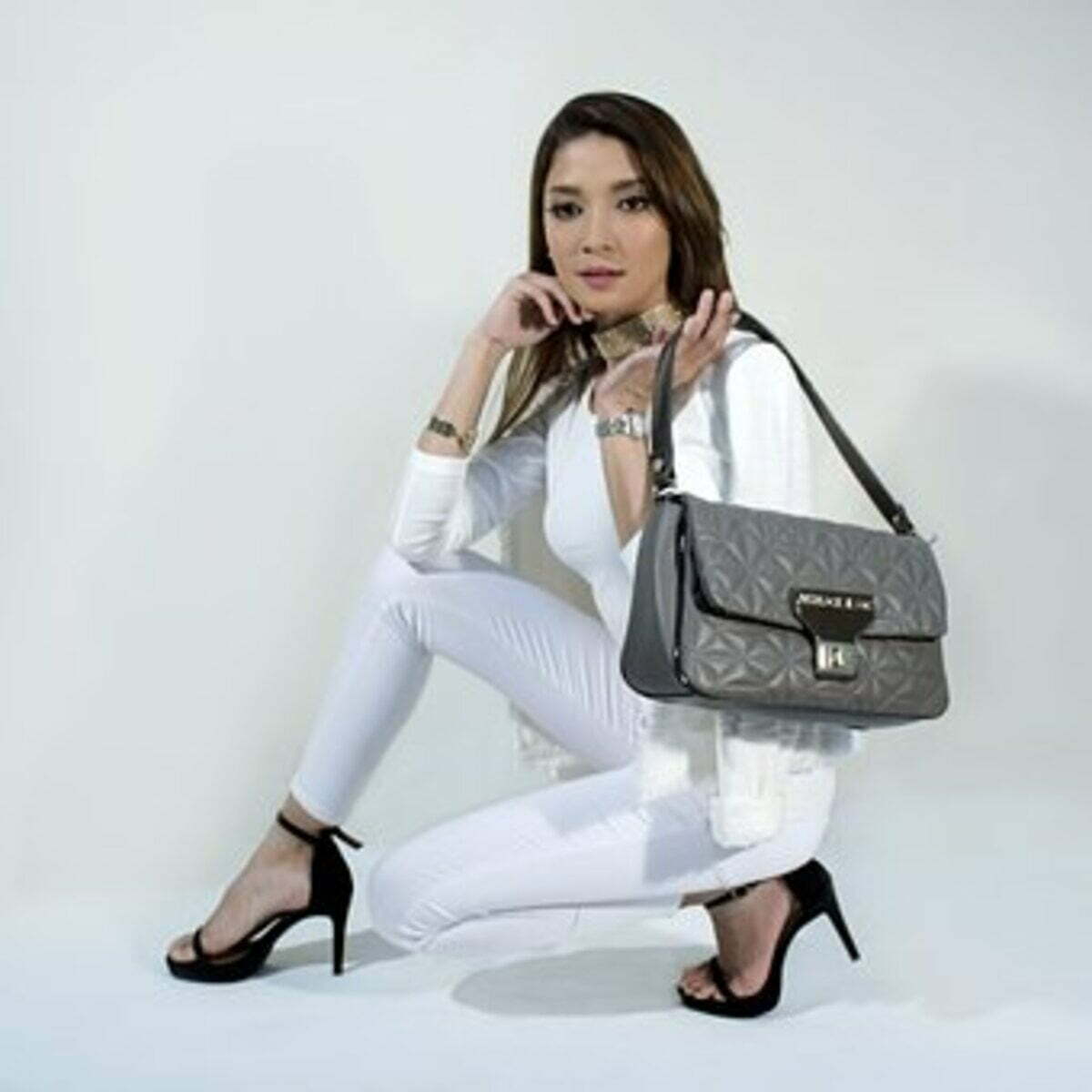What to Consider When Putting Together a Trouser Design
As with any design project, trouser design requires careful thought. A striking opening should be your starting point to ensure an impactful first impression of your outfit. The best guide to finding fashion showroom New York.
Launch with an overview of your topic to demonstrate its significance, using an engaging introduction as bait to draw readers in and create intrigue. Once your reader is hooked, focus on providing more specifics of your argument or thesis statement.
Origin
Trouser design has an incredible history that spans millennia. Over their existence, trousers have served multiple functions – protection and warmth, sexual appeal enhancement, and conveying information about the social standing or economic class of those wearing them.
Menswear designers have spent centuries perfecting the design and cut of pants. Experimentation with various fits and cuts was commonplace as menswear designers sought to ensure pants could provide sufficient comfort and valuable functions such as pockets and buttons for everyday life.
Clothing designers began experimenting in the 1820s to create pants with full-length legs, using cuffs that rested against calf muscles or creases to make movement easier.
Styles
Trousers are one of the most versatile clothing pieces, enabling you to quickly transform from formal to casual looks with their many different styles – flat-front trousers, pleated trousers, and more are available to create endless looks.
If you want to break the rules, your ideal trouser design might include creases or rolls. They’re great additions when combined with more structured pieces like suiting.
The Scythians first developed trousers but were soon adopted by many other ancient societies, such as Persians, Celts, and Germanic tribes.
Patterns
Trousers have always come in a range of patterns and designs. One will surely suit anyone, from basic printed styles to more extravagant ones!
Some patterns will surely complement your style, no matter what look you are going for – stylish printed trousers for work or a textured herringbone coat for fall. Bird’s eye and nailhead patterns are classic fabric patterns that match other garments easily.
Assembling trousers from stretch fabric can help create more comfortable fits, such as cotton twill or denim.
Fabrics
Fabrics, both natural and synthetic, can be used to craft trousers. Their weight and texture will affect how it feels against your skin, while their fiber content will ultimately determine their look.
Cotton is one of the most preferred fabrics for trouser designs due to its superior strength and thermal resistance, excellent dye absorption capabilities, full-color spectrum range, and bright hues.
Humans have used linen for over 12,000 years – it can even be considered “the fiber queen.”
Trousers can be made from various fabrics, such as cotton, linen, or wool. Your choice will depend on what kind of look and feel you are going for and seasonal/weather considerations when designing this type of clothing.
Accessories
Trousers are an attractive option for anyone interested in crafting their clothing, offering numerous opportunities for independent pattern makers. Regarding fabric selection and construction, trouser design requires fabrics that hang beautifully while remaining resistant to creasing or abrasion.
Cotton and lightweight flannels are among the most commonly chosen fabrics for trousers.
These lightweight materials tend to be less stiff than heavier wools such as gabardine but maintain body and shape when walking, stretching, or flexing them. Corduroy comes with various thicknesses or “wale counts,” depending on its measurement; premium rip-stop fabrics have also recently been introduced. In addition, they come in multiple colors and weights to meet your individual needs.
Read Also: What Their Jewelry Store Doesn’t Want One To Know


